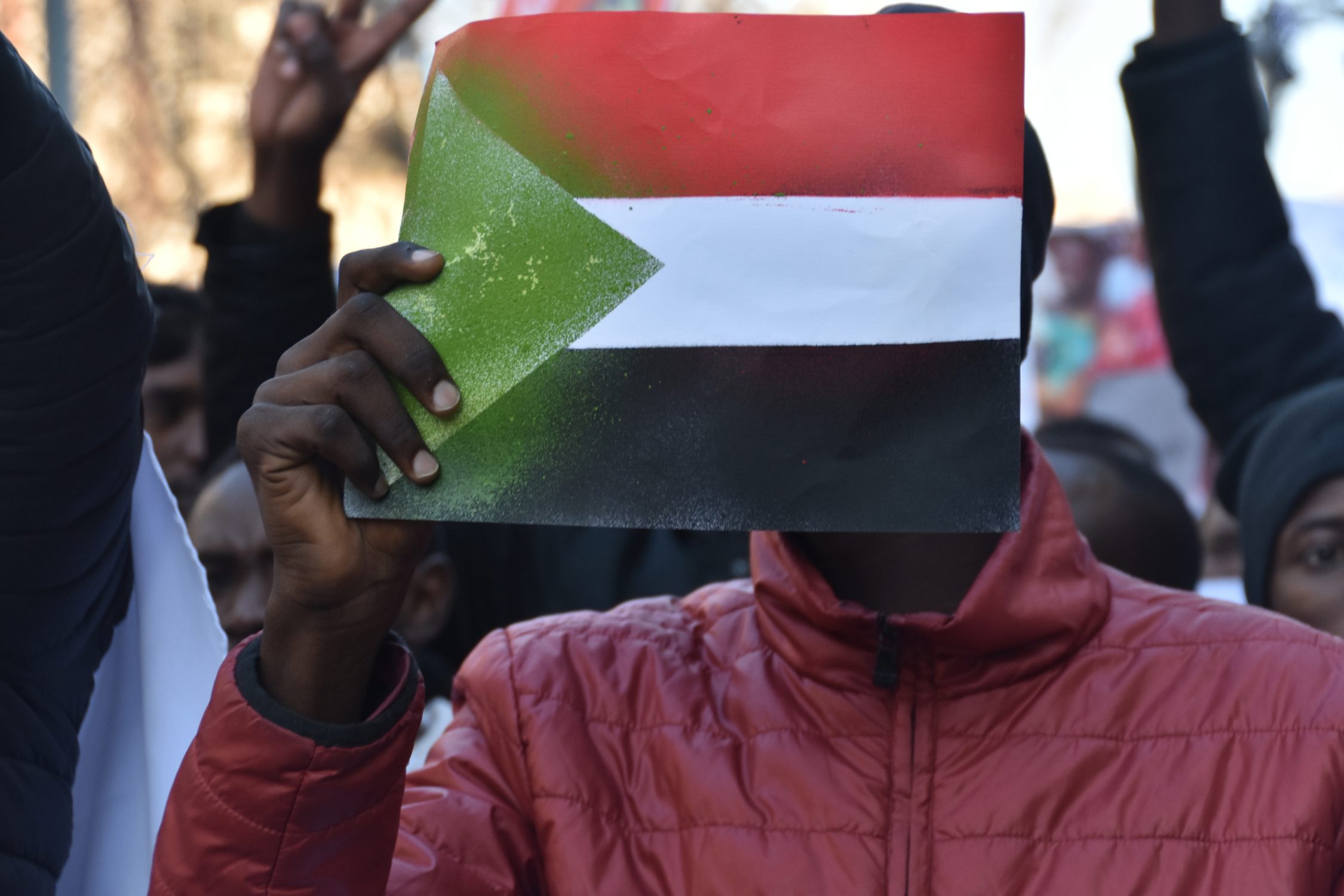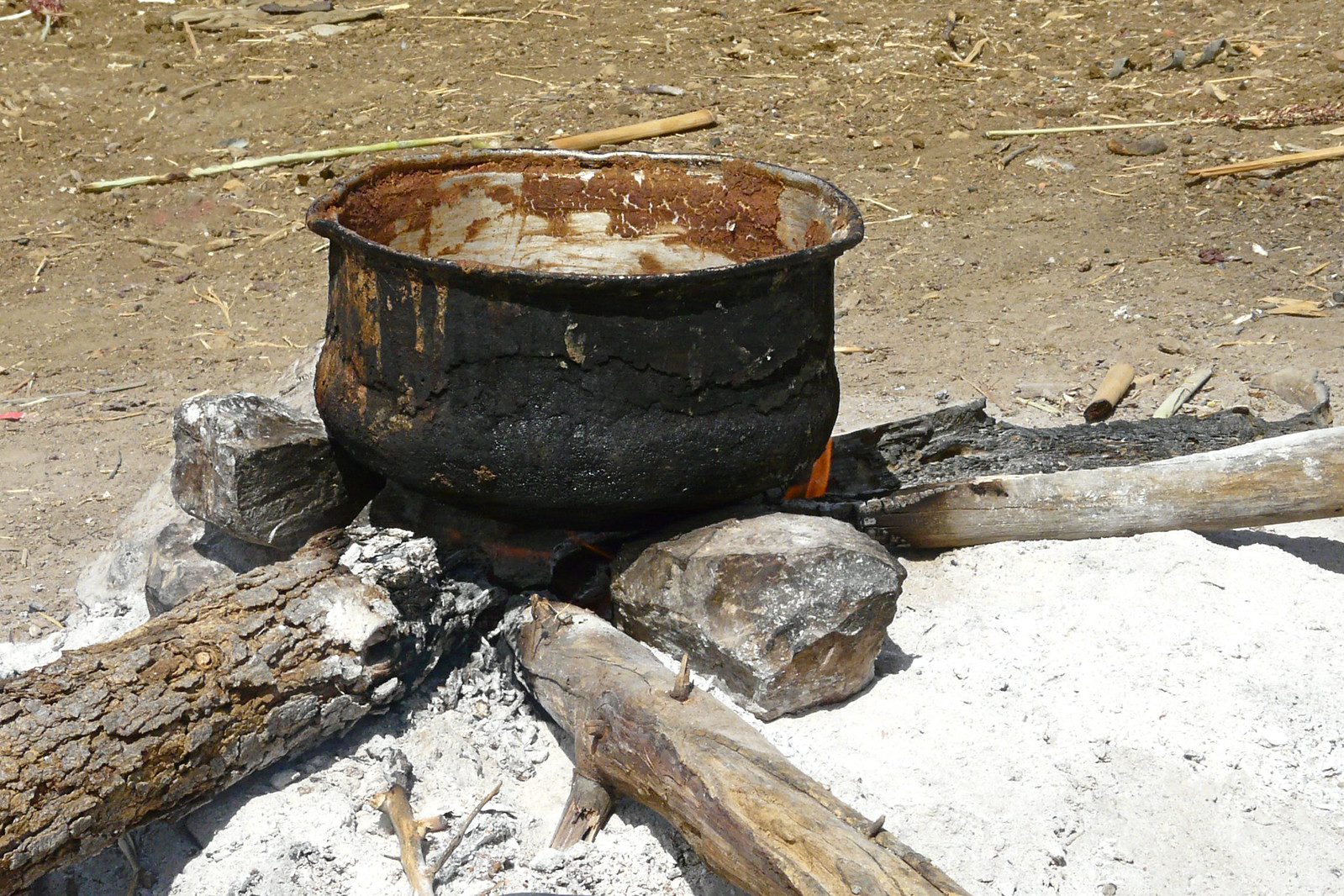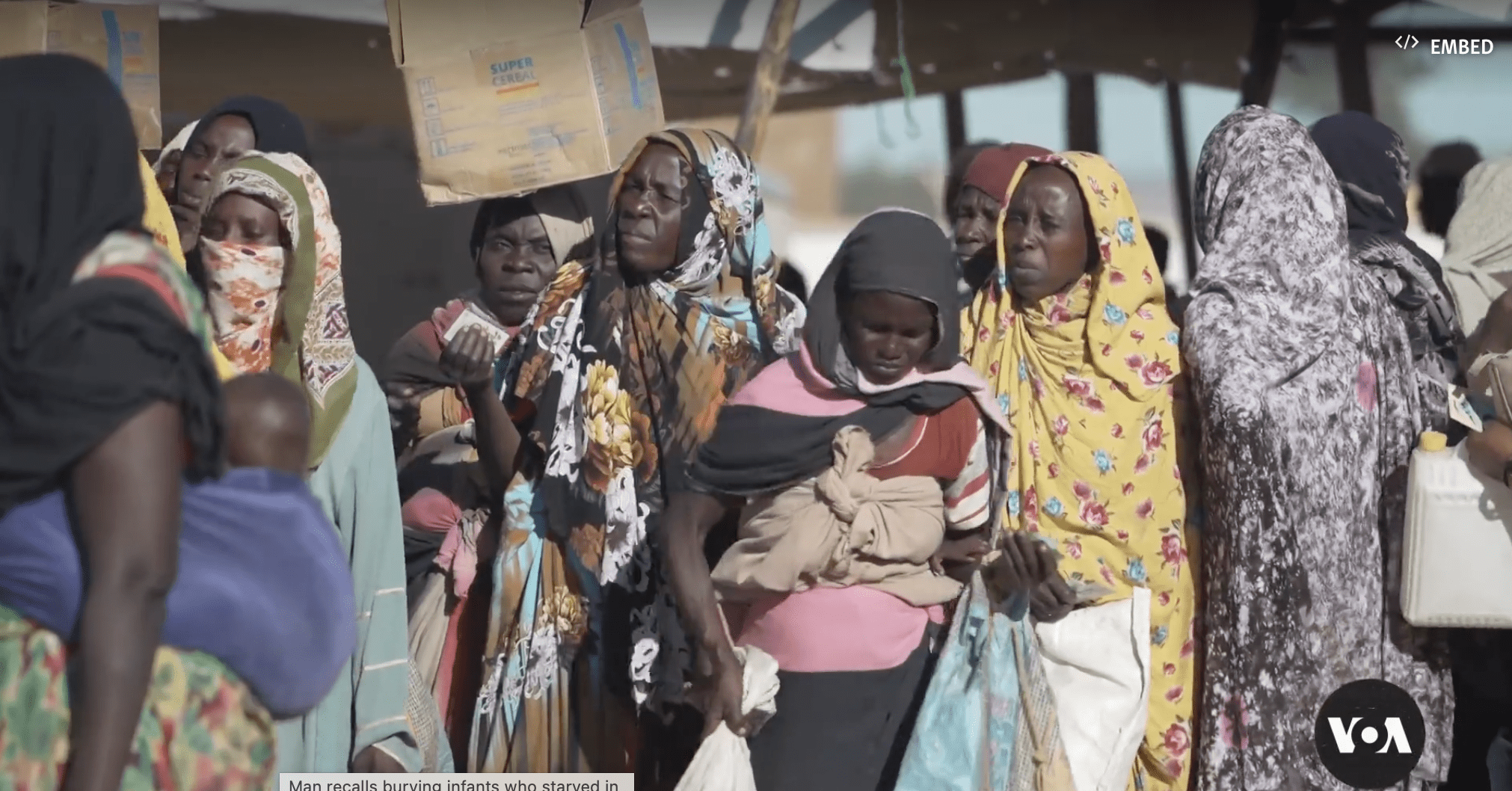Can Donald Trump bring an end to the war in Sudan? The short answer is: yes, but only Sudanese can save Sudan.
On July 20, Trump’s Africa advisor, Massad Boulos, is convening a high-level meeting of the so-called ‘Quad’—the United States, Egypt, Saudi Arabia, and the United Arab Emirates. For the first time in over two years, these four external powers will be meeting in one room to address Sudan’s devastating war. It is a necessary step. But it is also deeply revealing of the political paradigm now shaping Sudan’s fate: one in which peacemaking is transactional, geopolitically driven, and largely indifferent to the long-term unity and viability of the Sudanese state.
This road to peace may run through the Arab capitals, but its destination isn’t Sudanese democracy or unity.
Since the outbreak of war in April 2023, it has been clear that the key to stopping the violence lies with Egypt, Saudi Arabia, and the UAE. Each backs a different side in Sudan’s war—Egypt and Saudi Arabia backing the Sudan Armed Forces (SAF) under General Abdel Fattah al-Burhan, and the UAE backing the Rapid Support Forces (RSF) led by General Mohamed Hamdan Dagolo, known as Hemedti. So long as these states continue to support rival generals, the war will rage on.
The Quad meeting could align their interests and bring them to a shared position. That may, in fact, bring about a cessation of hostilities—something that the Biden administration failed to accomplish. But what would follow such a deal is not peace in the true sense. It is a ceasefire grounded in commercial incentives and strategic convenience.
This is the model of political marketplace peacemaking: where peace is brokered not through justice, dialogue, or inclusion—but by a deal that shares out the material rewards among the key actors. It’s a division of the spoils packaged as a peace agreement. It allows the belligerents and their backers to save face, preserve their interests, and avoid political accountability. And it lasts for as long as the political alignment that brought it about remains.
Trump’s model for peace is transactional and performative—but it may help end the battles.
Trump is expected to bring the same populist deal-making style to Sudan that characterized his approach to the Abraham Accords. If the deal works, it will be wrapped in populist symbolism and performative diplomacy: powerful Arab states making concessions under American guidance, Trump will take the credit, and the parties involved celebrate a win-win agreement. There may even be economic incentives and business linkages to sweeten the outcome for Trump’s business associates.
For the Sudanese people, any halt to the war will be welcomed. After two years of destruction, starvation, and betrayal, even a flawed peace is better than no peace.
But they worry that Sudan will emerge from this moment within a geopolitical framework that marginalizes its people, fragments its politics, and erases its African identity.
A succession of peace agreements hammered out under the auspices of United Nations and African mediators articulated a set of principles for peace, democracy and justice. Those political settlements may not have endured, but the aspirations of the Sudanese people haven’t changed.
The real framework for the ‘Quad’ is different. It’s a fusion of money politics and an upgraded Abraham Accords. Saudi Arabia and the UAE—and doubtless some in Washington DC—have commercial interests in Sudan’s land and gold. Israel demands a zero threat zone along the Red Sea and Sudan—which has a strong Islamist movement—lies within that security perimeter.
Both of these logics reduce Sudan to a problem to be managed. Neither allows the Sudanese to determine their own future.
The result threatens to be a peace without politics, a solution without Sudanese. Even the minimal civilian process envisioned under Egyptian tutelage would be a shadow of genuine democracy—designed to give a fig leaf of legitimacy to a handshake engineered in foreign capitals.
In this geopolitical realignment, African voices are silent. The African Union and the northeast African bloc, the InterGovernmental Authority on Development, currently don’t have a seat at the table. The United Nations—once expected to uphold principles of national sovereignty and inclusive governance—has not asserted itself forcefully.
For Africa this is not just a failure of diplomacy. It is a loss of strategic terrain. The continent’s marginalization in Sudan’s peace talks is emblematic of a broader trend: Africa is being systematically sidelined from shaping its own future. The recent mediation by Qatar and US between the Democratic Republic of Congo and Rwanda, the sidelining of the African Union in Libya, and the trend is the weakening of Pan-African voices all point in the same direction.
And so, we return to the central truth: only the Sudanese can save Sudan.
Yes, the Quad may stop the war. Yes, Trump may broker a deal that brings the generals to the table. But only a Sudanese-led, people-centered peace process can safeguard Sudan’s unity, dignity, and future.
Such a process must go beyond ceasefires and share-outs. It must involve a political settlement grounded in broad participation—civilians, women, youth, resistance committees, religious and traditional leaders, and the diaspora. It must reconnect Sudan to both its African and Arab identities without being subsumed by either. And it must resist becoming a pawn in a broader strategic chessboard in which Sudanese lives are collateral.
The meeting of the Quad on July 20 may change the dynamics of the war—but it will not resolve the crises of the Sudanese state and nation. At best, it buys time. At worst, it locks Sudan into a subservient geopolitical arrangement in which its people are silenced and its unity discarded.
Only the Sudanese people can chart a different course. A people’s peace—rooted in inclusion, dignity, and national purpose—is still possible. But time is running out.
Let the war stop. But let the Sudanese lead.



